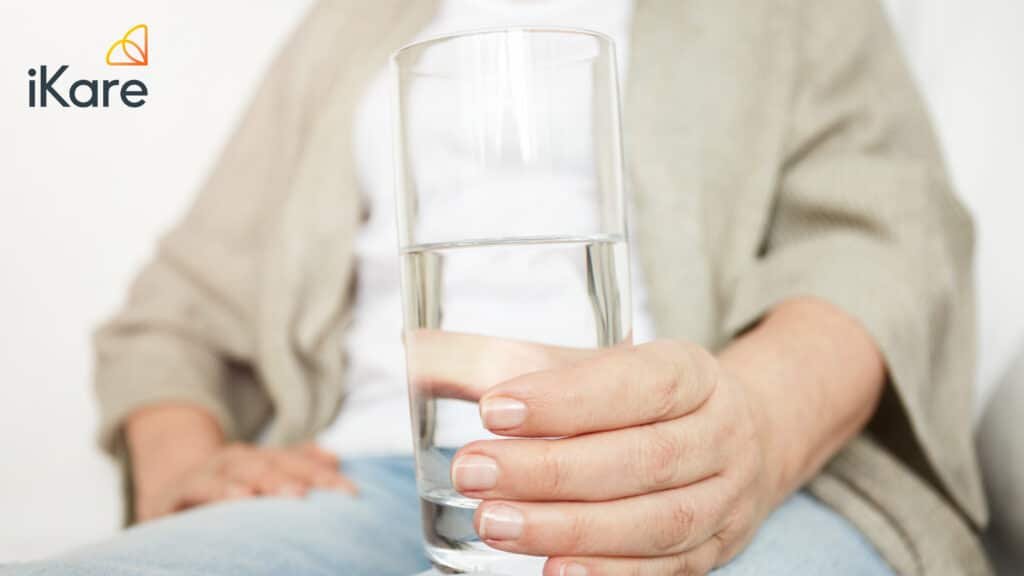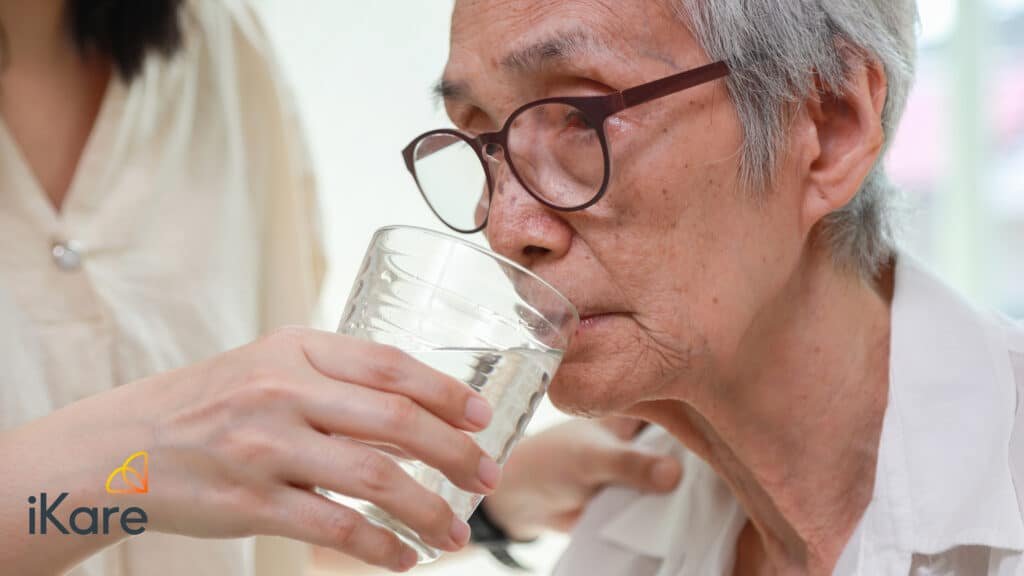
As we age, our bodies undergo various changes that affect our ability to maintain adequate hydration. Proper water intake is essential for overall health, cognitive function, and physical activity. This article delves into the importance of hydration for seniors, the risks associated with dehydration, and practical strategies to ensure seniors stay properly hydrated.
Why Hydration is Crucial for Seniors
Hydration is fundamental for various bodily functions, including digestion, circulation, and temperature regulation. For seniors, maintaining adequate hydration is even more critical due to several age-related changes:
- Reduced Thirst Sensation
As we get older, our sense of thirst diminishes, making it challenging to recognise when we need to drink water. This reduction in thirst sensation can lead to unintentional dehydration, emphasising the need for mindful fluid intake among seniors. - Decreased Kidney Function
Aging kidneys are less efficient at conserving water, leading to increased urine output and a higher risk of dehydration. Proper hydration supports kidney function and helps prevent related health issues. - Medication Side Effects
Many seniors take medications that can increase the risk of dehydration, such as diuretics or laxatives. Understanding the impact of these medications on hydration is crucial for managing fluid intake effectively.

Health Benefits of Staying Hydrated
- Cognitive Function
Adequate hydration is essential for maintaining cognitive function. Dehydration can lead to confusion, memory issues, and difficulty concentrating. Ensuring sufficient water intake helps support brain health and mental clarity. - Physical Health
Water is vital for maintaining physical health, including joint lubrication and muscle function. Proper hydration can reduce the risk of joint pain, muscle cramps, and overall physical discomfort, allowing seniors to stay active and mobile. - Cardiovascular Health
Staying hydrated helps maintain blood volume and supports cardiovascular function. Dehydration can lead to low blood pressure and increased heart rate, posing significant health risks for seniors. - Digestive Health
Water aids in digestion and prevents constipation, a common issue among seniors. Drinking enough water helps keep the digestive system functioning smoothly and reduces the risk of gastrointestinal problems.
- Cognitive Function

Risks of Dehydration
Dehydration can have severe consequences for seniors, including:
- Urinary Tract Infections (UTIs)
Dehydration increases the risk of urinary tract infections, which can be particularly problematic for seniors. Proper hydration helps flush out bacteria from the urinary tract, reducing the likelihood of infections. - Kidney Stones
Insufficient water intake can lead to the formation of kidney stones. Drinking enough water helps dilute the substances that form stones, reducing the risk of this painful condition. - Heat Stroke
Seniors are more susceptible to heat-related illnesses such as heat stroke, especially during hot weather. Staying hydrated helps regulate body temperature and prevents overheating. - Electrolyte Imbalance
Dehydration can cause an imbalance of electrolytes, leading to symptoms like muscle weakness, fatigue, and irregular heartbeats. Maintaining proper hydration ensures electrolyte balance and overall health.

Practical Tips for Staying Hydrated
- Drink Regularly
Encourage regular water intake throughout the day, even if you don’t feel thirsty. Aim for at least 8 cups of water daily, adjusting based on activity level and climate. - Incorporate Hydrating Foods
Include water-rich foods in your diet, such as fruits (e.g., watermelon, oranges) and vegetables (e.g., cucumbers, celery). These can contribute to overall hydration and provide essential nutrients. You can even try sugar-free jellies, sorbets, milkshakes, Milo, soups, or other appetising sources of fluids. - Set Reminders
Use alarms or mobile apps to remind yourself to drink water regularly. Establishing a routine can help make hydration a consistent habit. - Flavour Your Water
If plain water is unappealing, try adding natural flavours like lemon, lime, mint, monkfruit, dates, or cucumber slices. Herbal teas, homemade broths, and flavoured water can also be good alternatives. - Monitor Fluid Intake
Keep track of how much water you drink each day. Using a water bottle with marked measurements can help ensure you meet your hydration goals. - Thickened Fluids
If you require thickened fluids due to dysphagia, ensure you thicken it to the appropriate level (not thinner, or thicker, than prescribed by your Speech Therapist)
Conclusion
Hydration is a critical aspect of senior health that should not be overlooked. Proper water intake supports cognitive function, physical health, and overall wellness. By understanding the importance of hydration and following practical tips, seniors can maintain their health and stay active. Remember, staying hydrated is key to a healthier, more vibrant life in the golden years.

